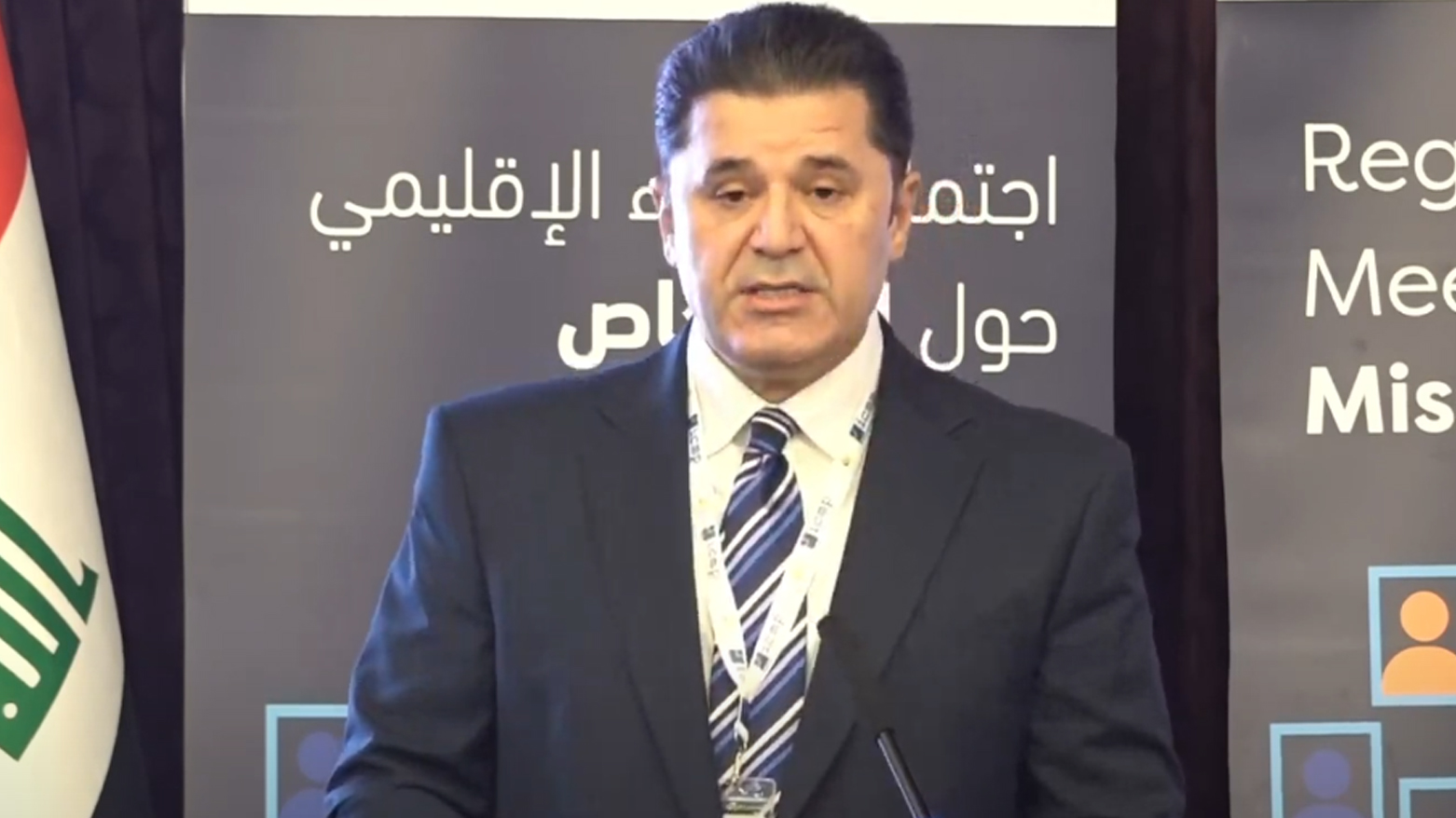Kurdistan's Historic Suffering Recalled: International Advocacy Official Highlights Atrocities from Anfal to ISIS
"Throughout its history, the Kurdistan Region—with all its religious and ethnic communities—has suffered under some of the world’s most violent and oppressive policies," Zebari stated.

ERBIL (Kurdistan24) — Kurdistan Region has long been the victim of some of the harshest and most brutal political campaigns in modern history, including the Anfal genocide, the chemical attack on Halabja, and atrocities committed by ISIS, according to Dindar Zebari, the Kurdistan Regional Government’s (KRG) Coordinator for International Advocacy.
Speaking on Tuesday, at a specialized forum focused on internally displaced persons (IDPs), Zebari stated: "Throughout its history, the Kurdistan Region—with all its religious and ethnic communities—has suffered under some of the world’s most violent and oppressive policies."
Genocide, Chemical Attacks, and Ethnic Cleansing
Zebari detailed a series of historical atrocities against Kurds that continue to shape the region's identity and political struggle. He emphasized that more than 8,000 Barzanis were disappeared during the Anfal campaign, and over 182,000 Kurds from areas like Germiyan and Badinan were systematically killed — crimes whose effects still haunt the region today.
He also highlighted the plight of Feyli Kurds, noting that over 10,000 were displaced, executed, and had their homes and properties confiscated under the former Iraqi regime.
Mass Graves and the Ongoing Search for Justice
According to Zebari, 75 mass graves have been unearthed so far, and approximately 3,600 remains of Anfal victims have been returned to the Kurdistan Region. He stated that a dedicated KRG committee continues to investigate and locate additional mass graves across Iraq.
These figures underscore the magnitude of the crimes committed against Kurds and the region’s ongoing quest for truth, justice, and reparations.
The Yazidi Genocide: A Humanitarian and Moral Crisis
Zebari also pointed to the Yazidis as one of the most severely affected groups in recent years. Nearly 6,400 Yazidis were abducted by ISIS, and the KRG has succeeded in rescuing around 3,500 survivors, many of whom were women and children.
To support their recovery, the KRG has established a dedicated trauma treatment center for survivors, currently providing mental health services to over 1,000 individuals.
A History of Suffering, a Mission of Resilience
The tragedies mentioned by Zebari are central to Kurdish national memory and identity. The Anfal campaign, launched by Saddam Hussein’s regime in the late 1980s, was a systematic genocide involving mass executions, village destruction, and the use of chemical weapons, most infamously in Halabja province in 1988, where thousands of civilians were killed.
Decades later, ISIS’s 2014 campaign against the Yazidis in Sinjar was recognized internationally as genocide, involving mass killings, sexual slavery, and forced religious conversions.
Despite these repeated traumas, the Kurdistan Region has worked to become a safe haven in a volatile Iraq, often hosting hundreds of thousands of displaced persons from other parts of the country. Zebari's remarks serve as both a stark reminder of historical injustices and a renewed call for international solidarity and justice for the victims.
As the Kurdistan Region continues to press for recognition and reparations, Zebari reaffirmed the KRG’s commitment to documenting these crimes and advocating for the rights of all communities affected.